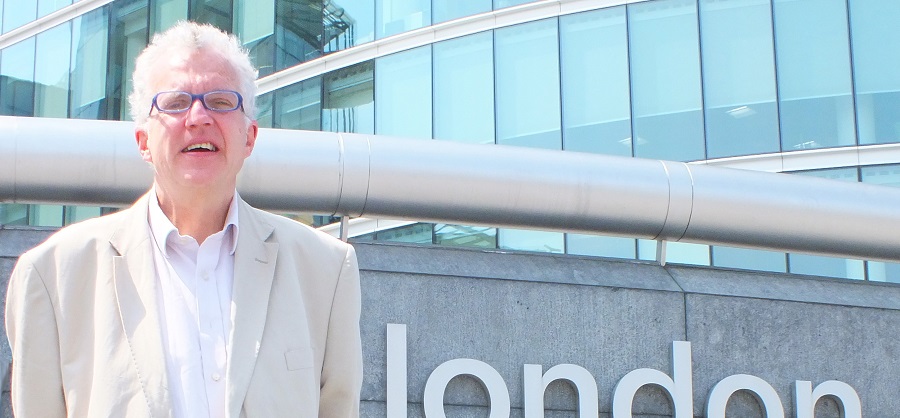What is it about this government and making decisions? Four weighty reports plopped onto my desk before the summer recess in July, all of which have an impact on local government: the future of rail, the future of transport and the Balance of Funding review. There was, too, the analysis of the feasibility of Crossrail.
And what did the government response to all four have in common? There will have to be further reports and further work on each of these areas. The future of rail, for example, makes some interesting suggestions towards giving the regions and passenger transport executives more power over local rail funding. Local authorities could have the choice continuing to fund a local rail line or putting the money into buses, and therefore saving considerable sums of money. This may be welcome in some parts but could be a poisoned chalice for local politicians who may well not want to have to take such tough decisions.
But they can rest easy for the moment because no details of how this idea will work were provided in the document, despite the fact that it was, supposedly, a white paper, the final stage of the legislative process before a bill is introduced in Parliament. As a White Paper, it had definite green edges.
The future of transport, which looked at the issue right up until 2030 had, as its big idea, the concept of road charging. For local authorities, this could mean introducing schemes that could raise money for other transport purposes. Moreover, the paper suggests that councils introducing such schemes would be allowed to introduce bus quality contracts more quickly as a further incentive. But again, there is precious little detail and further work is needed.
The report on Crossrail, too, is a fudge. Prepared by ex Treasury mandarin Adrian Montague, it was supposed to point the way forward to funding the scheme once and for all. Indeed, the report does look at alternative funding schemes, such as an extra penny or two on the business rate in the City, but again there is no discernible advance on the previous state of uncertainty. Despite the promise of the introduction of a hybrid bill, those involved with the project are tearing their hair out about what to do next and, privately, Treasury officials have been briefing to the effect that there is no commitment to build the project.
It is, though, on the issue that is probably of most concern to all PSLG readers that the government is dithering the most: the future of local authority funding. The Balance of Funding review was the result of over a year’s work by Nick Raynsford, the local government minister and his team of luminaries who were supposed to come up with an answer to the question of how to improve the current situation in which most funding comes from central government. This creates the gearing effect, which means that a 1 per cent rise in local spending results in a 4 per cent rise in council tax.
The report does, indeed, as promised set out the various options and issues around the problem of balance of funding. But it is devoid of any firm argument and draws conclusions like: ‘there are strong arguments in favour of a shift in the balance of funding, but the case for any shift depends on the feasibility and desirability of any measures which might be used to achieve it.’ Hmm, yes, that’s a real insight. We also get, when considering various options of alternative funding: ‘The case for and against each of these options should be judged on its own merits’. As Tony Travers, of the LSE has pointed out, however, that: ‘the review does not offer views on these merits’.
Crucially, there are no firm numbers in the report because of fears that they would be used against the government by a hostile press. Ultimately, the question was not that difficult to resolve. Even a timid government could ensure that there were more council tax bands. Clearly, the council tax is far more regressive than the rates were because of the banding system. Yet, there are great concerns that this will affect large numbers of middle class people – and old ladies (remember that was used as an example by Mrs Thatcher to justify the poll tax – and therefore the government has not come down in favour of any firm proposal.
A braver government might even allow councils access to other sources of revenue, be it sales taxes or local income taxes. But not this one. All we are going to get is, euh, another review this time by Sir Michael Lyons, head of Birmingham University’s Institute of Local Government Studies whose conclusions could probably be written now.
The pattern in all this is clear. This is a government which despite its huge majority and the feeble opposition on the opposite benches is characterised by caution and even indecision. It is, actually, difficult not to be cynical about this. Is the refusal to make any decisions and to pile review upon review actually a deliberate tactic by ministers simply to kick any hard decisions into the long grass.
In all these areas, there are clear and obvious ways forward. The issues have been debated endlessly. Sure, the decisions may be tough and some people, such as people in big houses, or certain rail passengers, may lose out. But at the end of the day, that is what good governance is about and it seems sadly lacking in Whitehall.
